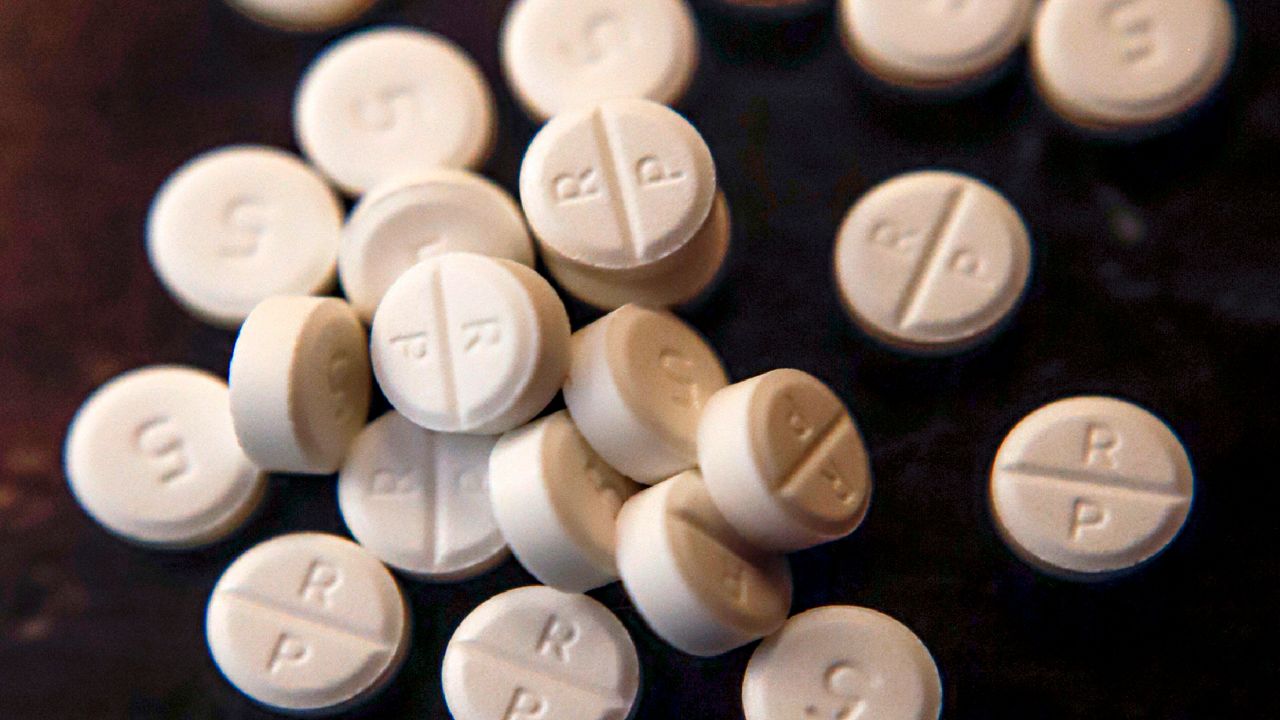MADISON, Wis. (AP) — State officials have come up with a list of recommendations on how to respond to the opioid epidemic in Wisconsin after holding a series of listening sessions and hearing from those who have struggled with addiction.
The Wisconsin Department of Health Services report that resulted from those sessions says the state needs more treatment places for people who are addicted to opioids, more availability of overdose treatments and a willingness to address the root causes of addiction.
The state is due to receive more than $400 million in funding from the settlement of a multistate lawsuit against four pharmaceutical companies accused of fueling the opioid epidemic. The companies settled for $26 billion, but did not admit any wrongdoing.
By state law, 70% of the opioid settlement money will go to county and local governments and 30% will go to DHS.
“This money is going to transform our response to the opioid epidemic,” state Attorney General Josh Kaul said in a recent interview with Wisconsin Public Radio. “My hope is to see those funds go toward long-term investments that can help us ultimately beat this epidemic, including funding things like treatment programs, prevention programs and recovery programs.”
During the sessions, officials heard from substance abuse professionals, people in recovery and family members of those who’ve struggled with addictions. The study’s recommendations include a range of interventions, including addressing childhood traumas that can put people at risk for addiction later in life and further expanding access to the overdose treatment naloxone.



